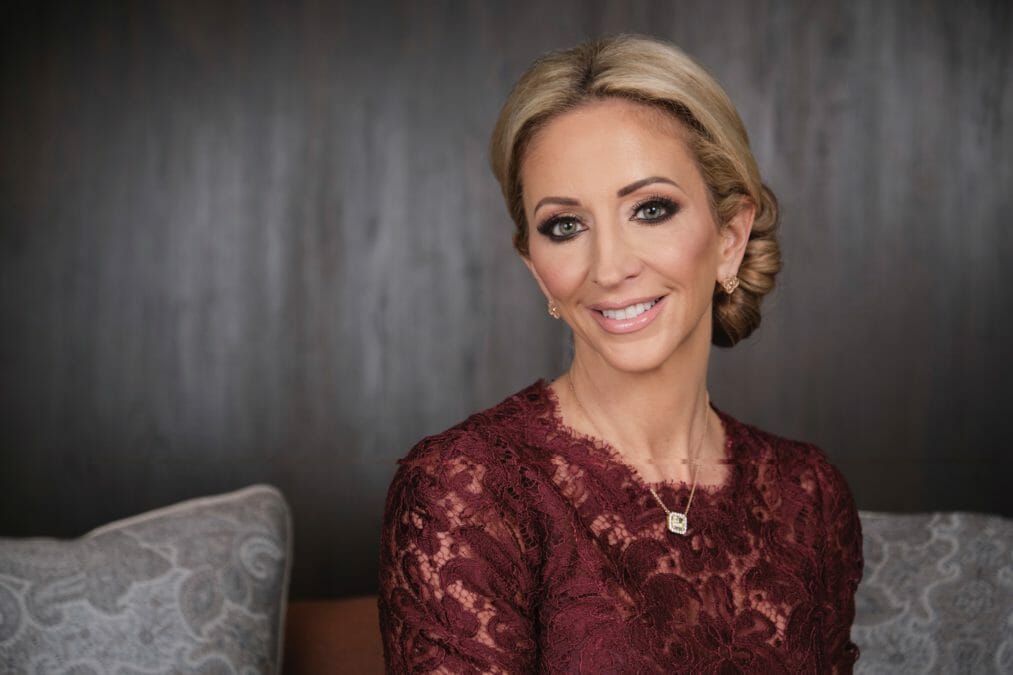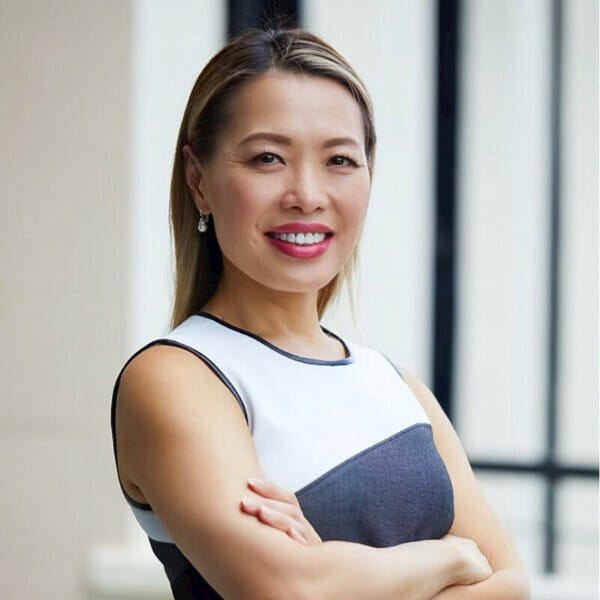SUSE is the world’s largest open source company.
In March 2019, the company become independent from MicroFocus, and today continues to provide all of the open source based operating systems that power the applications of mission critical systems. The open source technology is also embedded inside medical device components like CAT scans and mammogram machines.
SUSE is led by Melissa Di Donato, former Women in IT Awards winner, who became the company’s first female CEO in July 2019.
“We are the technology backbone that powers many and most mission critical systems and applications. Coupled with that we’ve got a cloud-based application platform for storage and our Container-as-a-Service business as well,” she told Information Age during a recent interview.
Joining SUSE as CEO
Former COO at SAP, Di Donato was a good fit for SUSE, because at first she came onboard as a customer. She had already built and run many of the complex, mission critical ERP applications at SAP with SUSE as one of their main and most visible partners.
“I was a good fit because I brought a different perspective to the open source world. I’ve spent the last 25 years in proprietary software, and not that open source wants the expertise of proprietary software, but more so as to what a customer thinks about why they would buy software, why open source would be a good fit and what mission critical looks like,” she said.
The impact of the coronavirus on the UK tech sector: disruption ahead?
Coronavirus disruption?
Admittedly, the conversation would have been slightly different six months ago. But, Di Donato was adamant, despite the disruption caused to many businesses and people’s lives, that it is ‘business as usual’ for SUSE.
“We have a global and distributed workforce that has been able to work from home without disruption at all to our business, services or customers,” she explained.
Open source is created in a community that’s virtual and it doesn’t exist in one place. The ability to continue to develop and take on innovation very rapidly exists with no interruption and no disruption at all, despite the coronavirus crisis.
Before the pandemic, 38% of SUSE’s workforce practiced remote working and “the rest of the workforce is acclimated to working with people that were not physically located next to them,” she explained.
This has meant that the ability to service SUSE’s customers and contribute to the open source community, to ensure that the company is constantly evolving and innovating, lives now just as much as it did six months ago.
An open source company is a network of volunteers and community contributors
“Open source values and ethos are built on delivering to the community. And, that’s why we decided to offer our products and services for free to manufacturers producing medical equipment, so that they can get to market quicker. There’s no doubt that we’re taking away the need to worry about an operating system that’s built to scale, specifically to address the urgency around delivering real-time data from medical devices during the coronavirus outbreak,” added Di Donato.
How to avoid coronavirus disruption and lead your business in uncertain times
A change in CEO focus
While SUSE’s three year plan and strategy has not changed in the face of the coronavirus pandemic, the focus of the CEO has.
The main concern for a CEO, typically, is what’s the competition doing. Am I doing enough to deliver success to my customers? What’s my commercial model? How are we being innovative?
These are the main considerations before a CEO would consider the health of their employees.
During the coronavirus pandemic, however, this focus has shifted. Now, according to Di Donato, “the first thought when I wake up is around the health of my employees.”
She now asks; “Is everyone healthy? Is everyone able to take care of their family? And are we being responsive enough and flexible enough with them to ensure that they’re putting their health, well being and family first?”
Perhaps more than at any other time, the role and focus of the CEO has changed — it is now one of accountability and care for the health and mental well-being of their employees, rather than chasing big customer wins.
[emailsignup]







